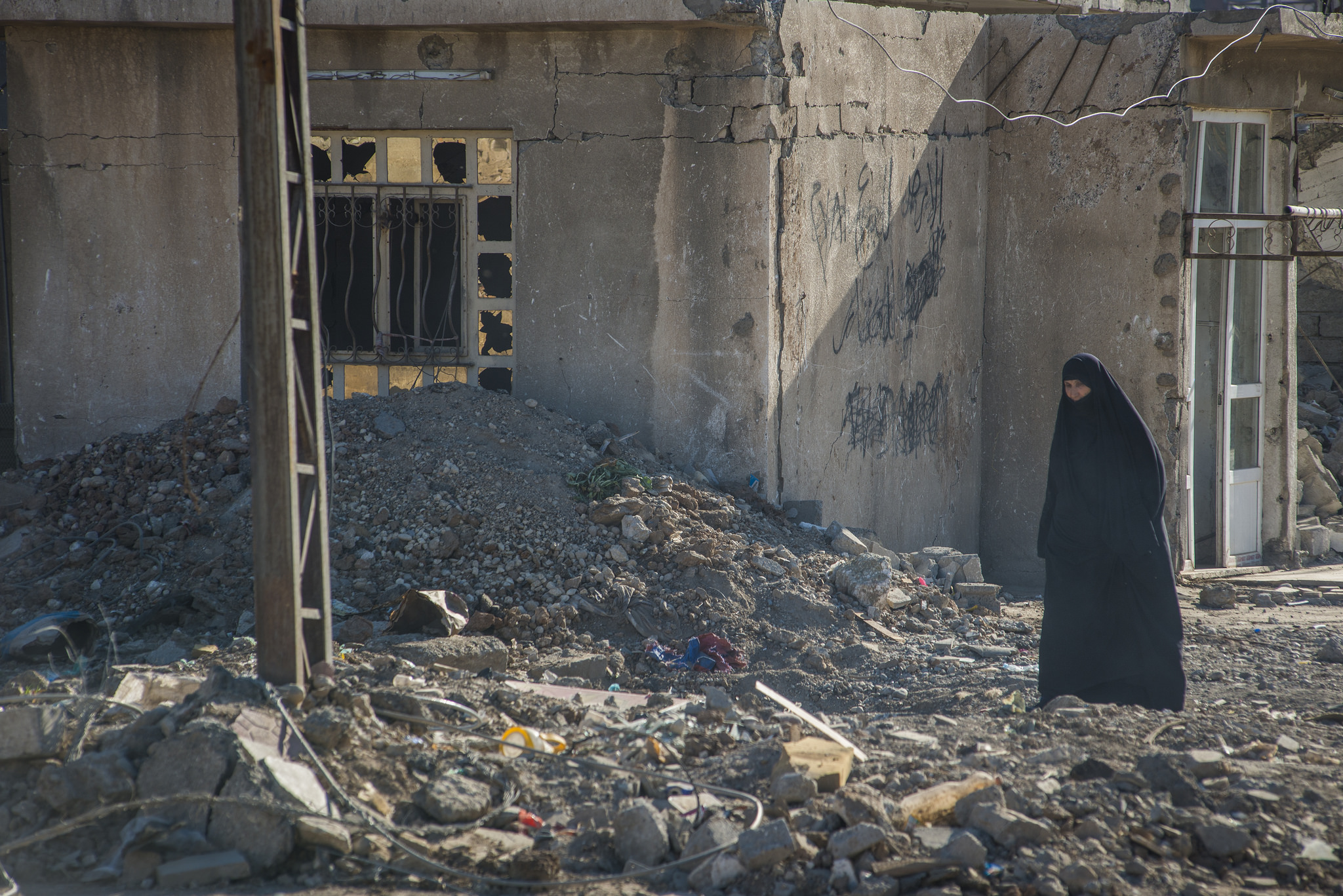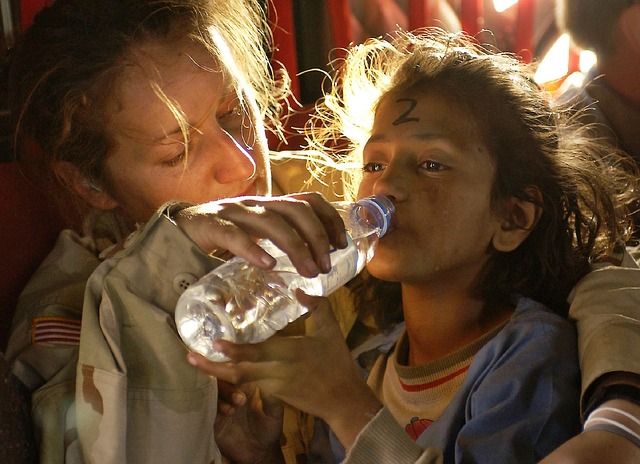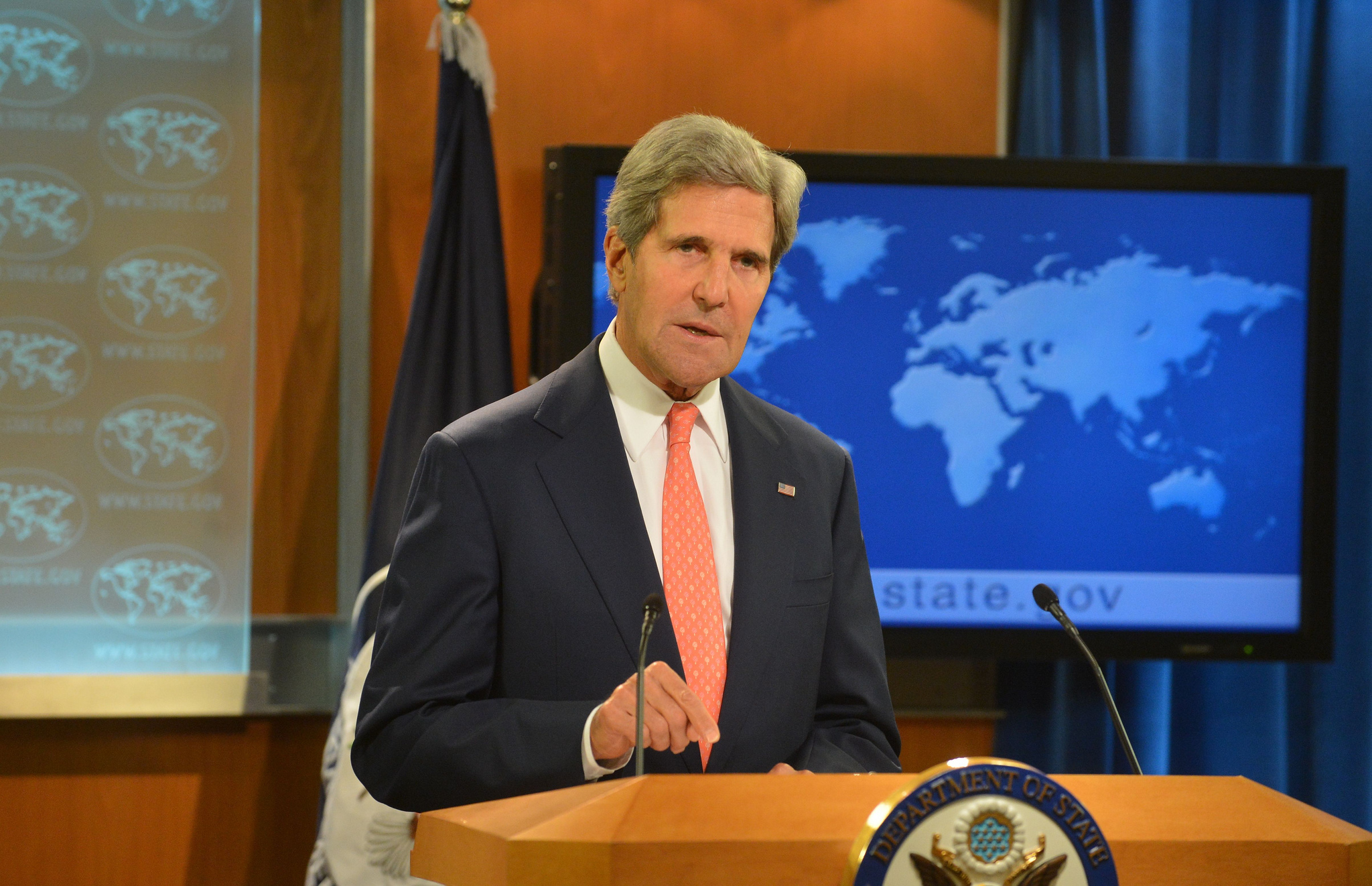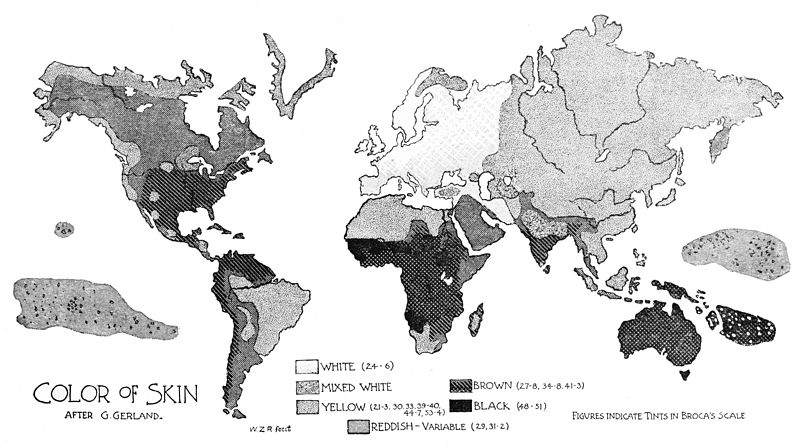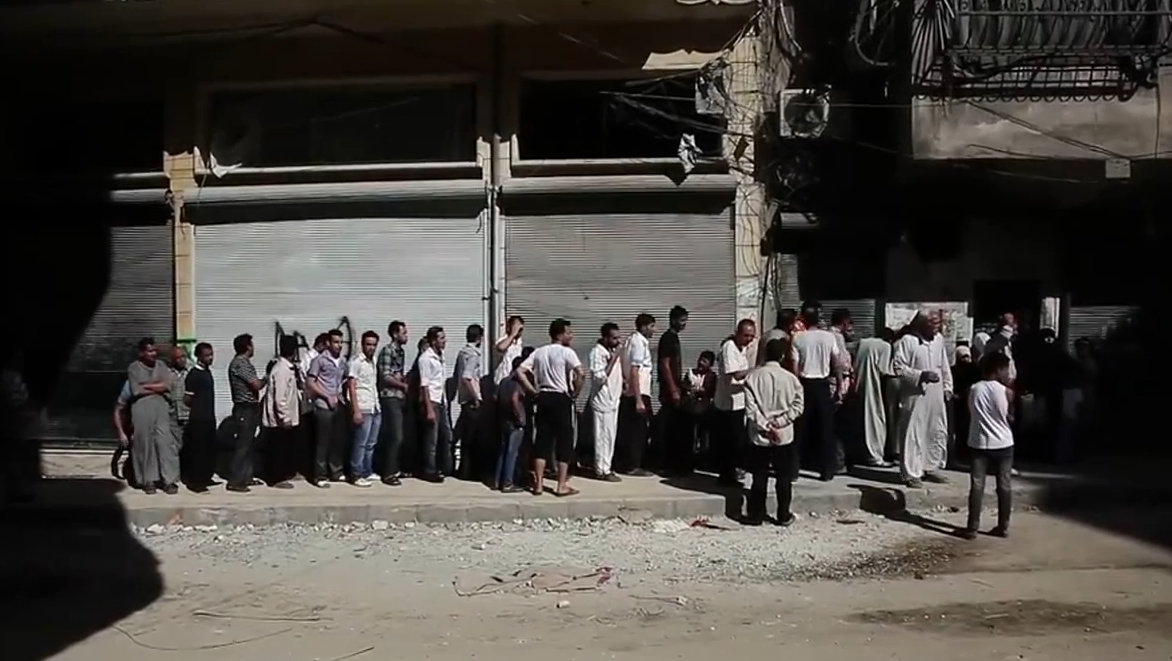Guest post by Jeremy Pressman.
In “Iraq’s Post-ISIS Campaign of Revenge,” Ben Taub chronicles the current Iraqi government efforts to govern Mosul and other Iraqi areas formerly occupied by the Islamic State. In particular, he excruciatingly details the harsh treatment of ISIS fighters, their families, and a myriad of other civilians who lived in the Islamic State. Much of the article lays out the process by which they are arrested, tried, and for many, executed. In writing about Iraq, Taub brings out an essential question of human violence and competition: Is the game worth the candle? Can claims to superior values and politics justify the inhumanity and bloodletting that inevitably accompany human strife? I’m hard-pressed to walk away from his stunning reporting with anything but a resounding “no” and a heavy heart.
On one level, the article is a brutal portrayal of human beings living in a war and post-war environment. Taub has soaked in and shared details, from intimate to bloody to Kafkaesque. We read of child beggars, false arrests, rape, show trials, torture, and dead bodies so damaged by aerial bombing that the cause of death is listed at the local morgue as “blown to pieces.”
I cannot do justice to these images and anecdotes in summary form here. They are haunting and depressing and, I dare say, will stay with you, swimming in your mind even after you finish reading the article.
Taub raises a central security problem too, the explicit argument of the article: the current Iraqi government violence will ultimately backfire and spark an ISIS or ISIS-like resurgence. In the article, he explains the process by which the Iraqi government exacts intense, murderous vengeance against ISIS fighters, those who might have been connected to ISIS, and Iraqi civilians whose likely ‘crime’ was being Sunni or being related to an ISIS fighter or being maliciously fingered by a disenchanted rival or maybe nothing identifiable at all other than being in the wrong place at the wrong time.
The reader learns about each phase: Arrest. Torture. Jail. “Trial.” Conviction. Sentencing. Reality Star. Capital Punishment. Taub reveals how easy it is to run a process, from making the arrest to executing the prisoner, that is a complete sham at every stage, making a total mockery of due process and the rule of law. Easy for Iraq but not just Iraq, as one also knows similar processes pass for justice in many countries.
Or maybe “easy” is the wrong word. Taub illustrates the power of vengeance alone, or in concert with the thirst for political control and superiority, to spur further violence.
Taub himself is straight about ISIS’s horrible rule. Moreover, the rationalizations and deeper values that Iraqi and US officials use to justify the warped legal process and the larger ostracism of anything possibly ISIS are presented too, albeit more briefly. Consider Abd Ali al-Juboori, spokesman for the Iraqi Ministry of Justice, the ministry that is in charge of some parts of this process and of carrying out the capital sentences: “ISIS has so many victims. There have to be convictions.” Al-Juboori goes on to add, “We have undergone thousands of terrorist attacks. There is immense public pressure on the judicial authorities.”
The problem for taking al-Juboori’s comments at face value is that the weight of the evidence here is grinding, directly challenging again and again the idea that all this brutality is worth it or that higher values have prevailed. Those faithful to a Hobbesian view of the world will be affirmed.
In fact, hearing al-Juboori, one starts to wonder if the deeper point of the current Iraqi policy is more systematic, like a form of ethnic cleansing. Considered in this light, this Iraqi policy, then, becomes a means by which to eradicate the potential reservoir of anti-government, largely Sunni fighters, humanitarian costs and international law be damned. Kill them, put them in what an unnamed NGO official calls concentration camps, and deny their children basic needs. And by ‘them,’ I mean the broadly-defined them that clearly goes far beyond actual ISIS fighters and leaders.
The article is also a mirror for many other foreign policy dynamics from US empire and the 2003 invasion of Iraq to sectarianism and Iranian-US rivalry. That said, the heart of the story still is the Iraqis, including both the ones paying the human price and the ones charging them.
A potential reporting danger for Taub is confirmation bias, that he feared a self-fulfilling prophecy of Iraqi government policy backfiring and generating the next jihadist backlash. He does not share his initial expectations here. We cannot really know more without at least seeing all the evidence he collected but did not put in the story. That said, what he does present is such detailed information that I am skeptical the story is heavily biased in this way.
Overall, it is a brilliant journalistic piece. The story is compelling, the anecdotes crisp and unbelievable, and the ending is perfectly apt. The through-line of the prisoners’ stages is executed deftly. For students who read it, I can see ways this article will touch, prompt, and complexify the world in a way unlike reading standard political science journal articles. This is a violent human story.
Many single paragraphs could have been full stories of their own, such as the plight of tens of thousands of now-stateless Iraqi children, babies who were born in ISIS-held territory and now the Government of Iraq declines to recognize or register them. At one point, I even guffawed as Taub retells that a TV host threatened to sue him if Taub misquoted the host. Imagine a legal approach (lawsuit) in the midst of an article on Iraq’s giant legal ruse.
Perhaps the article will be one for the ages, like John Hersey’s humanizing account, also in the New Yorker, of six survivors of the US nuclear attack on Hiroshima at the end of WWII. While we wait for history to render its judgment on that possibility, we should anxiously be watching Iraq’s own human, legal, military, and political trajectory.
Jeremy Pressman is an associate professor of political science and director of Middle East Studies at the University of Connecticut. He is co-director, with Prof. Erica Chenoweth, of the Crowd Counting Consortium.

